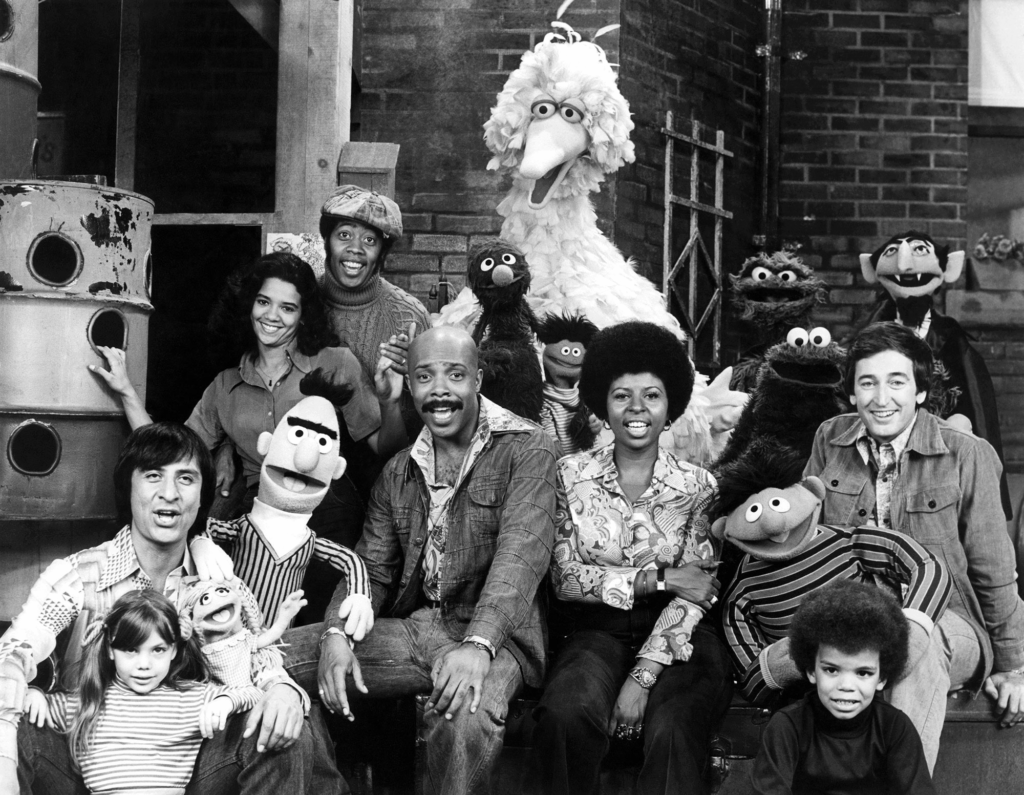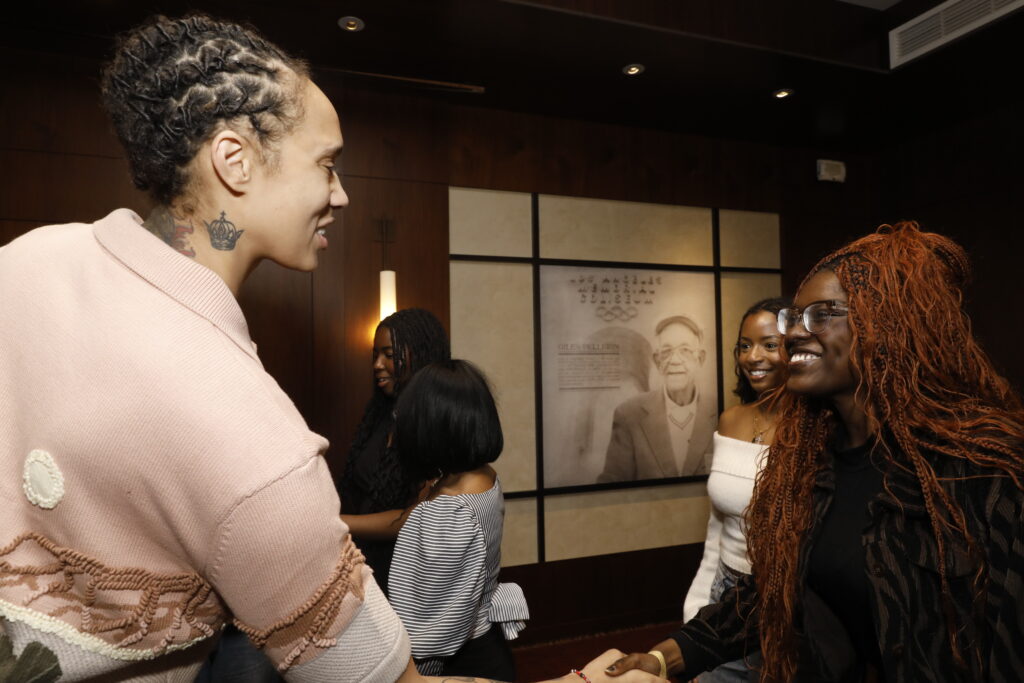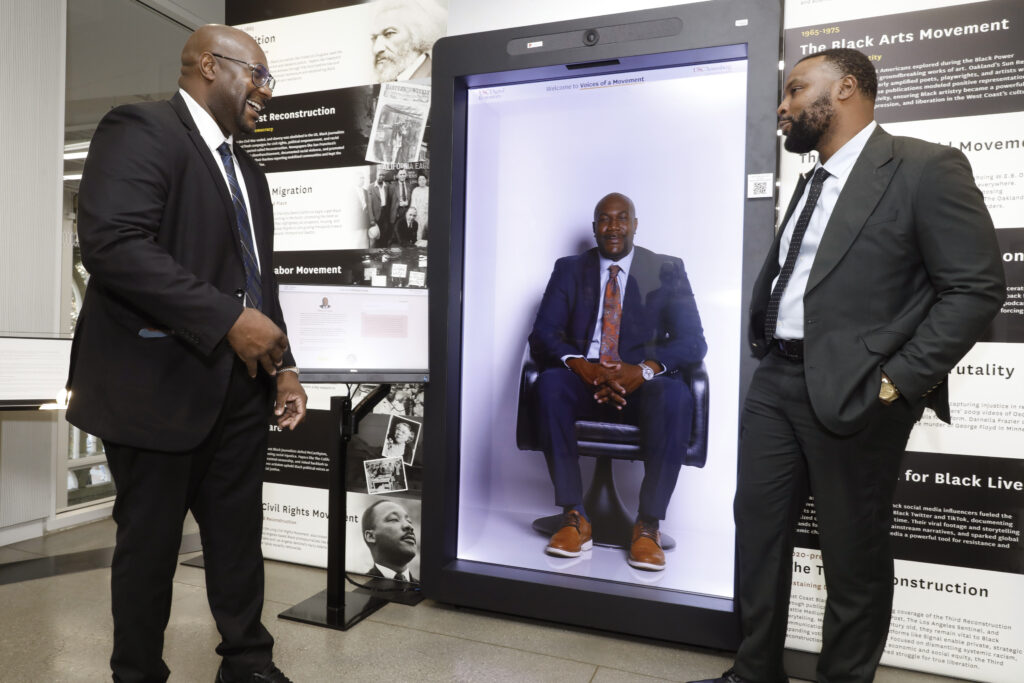TOP STORIES
From the Archives
Exploring how yesterday’s history shapes today’s headlines

Social Justice
Diversity In Children’s Entertainment: Then vs. Now

Education
Amplifying Voices and Correcting the Record

Third Reconstruction
The Role of the Second Draft Project in Historical Documentation

Bass & Beyond
Black Oregonians & Public Television Role in the Social Justice Movement

Third Reconstruction
Engaging with the Second Draft Project’s AI-Powered Interviews

Bass & Beyond
West Coast Connections: Charlotta Bass x Dr. King
News & Lab Updates
Happenings in and around the Bass Lab

News & Updates
Looking Back: Our Spring Fellows Reflect on Brittney Griner’s Visit

Bass Fellow Spotlight
Meet Rafiq Taylor, The Fellow Turned PR Pro Bringing a Creator’s Perspective to Bass Lab

Education
How Black Washingtonians Used Public TV to Report on Social Justice Issues

Partner Spotlight
A Partnership with the USC Digital Repository: Using Advanced Tech to Bring People Closer

Art & Culture
The Road to Abbott Elementary

Partner Spotlight



